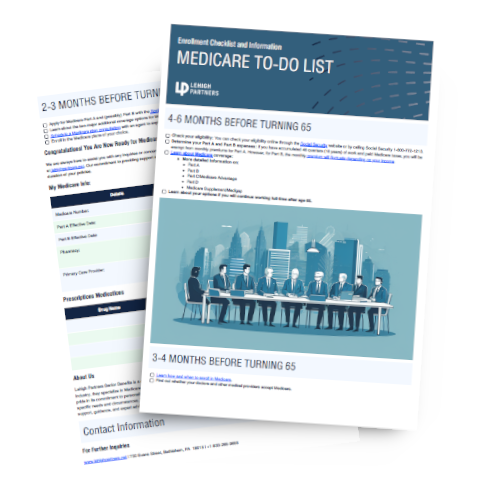
Medigap is supplemental health insurance that helps cover out-of-pocket costs not covered by original Medicare.
Navigating Medicare Supplement (Medigap) Insurance: Exploring Plan Options and Coverage Details
Understanding healthcare coverage options can be a complex process, especially when it comes to Medicare and the various Medicare Supplement (Medigap) plans available. In this article, we will unravel the intricacies of Medigap insurance, explore different plan options, and shed light on important details regarding coverage, enrollment periods, and the key differences between Medigap and Medicare Advantage.
Medicare Supplement (Medigap) Insurance:
When it comes to Medicare coverage plans, beneficiaries often seek additional coverage to fill the gaps left by Original Medicare. Medigap insurance policies are specifically designed to complement Medicare by covering costs such as deductibles, copayments, and coinsurance. These plans are offered by private insurance companies and are subject to federal and state regulations to ensure consistent coverage across providers.
Understanding Medigap Plan Options:
Medigap plans are labeled with different letters, each representing a standardized coverage package. Among the various options available, Medicare Plan G has emerged as a widely popular choice due to its comprehensive coverage and affordability. Plan G covers nearly all out-of-pocket costs, with the exception of the Part B deductible. It offers beneficiaries a comprehensive coverage solution while allowing them to potentially save on premiums compared to Plan F.

Medicare Supplement offers additional coverage to fill gaps in Original Medicare, while Medicare Advantage bundles coverage into a single plan.
Medigap vs. Medicare Advantage:
Medicare Advantage, also known as Medicare Part C, is an alternative to Original Medicare. Unlike Medigap, Medicare Advantage bundles hospital, medical, and prescription drug coverage into a single plan provided by private insurance companies approved by Medicare. Understanding the pros and cons of Medigap vs. Medicare Advantage is crucial for finding the right fit. Medigap plans allow beneficiaries to choose their healthcare providers without network restrictions, while Medicare Advantage plans often have provider networks and other restrictions.
Medigap Enrollment Periods and Coverage Details:
It is essential to be aware of certain enrollment periods and coverage details specific to Medigap insurance. The Medigap Open Enrollment Period, which starts when beneficiaries turn 65 and are enrolled in Medicare Part B, is a critical time to secure Medigap coverage without medical underwriting. This means that insurance companies cannot deny or charge higher premiums based on pre-existing conditions during this period. Missing this window may result in medical underwriting and potentially higher premiums.
Exploring Medigap Plan Options and Cost Comparisons:
To make an informed decision about Medigap coverage, it is essential to compare plan options and consider personal healthcare needs and budget. Thoroughly reviewing the Medigap cost comparison chart can provide valuable insights into premiums and benefits. Researching Medigap Plan N, for example, allows individuals to understand its specific coverage features and how they align with their unique needs.

A Medicare Supplement insurance agent can provide personalized guidance, help compare plans, and navigate enrollment options.
Finding Medigap Coverage and Assistance:
To explore Medigap coverage options, it can be helpful to connect with Medigap agents in your area. These specialists can provide personalized guidance and help navigate the various plans and pricing options available. It's also essential to understand the basic components of Medigap insurance, such as coverage, cost, and eligibility requirements, ensuring a smooth decision-making process.
Looking for expert Medicare guidance? Call Lehigh Partners Senior Benefits, the Medicare specialists, today. Our team is ready to help you find and enroll in the perfect plan for your needs. Don't wait, take control of your healthcare and ensure you have the coverage you deserve. Call us now at 833-265-9655. Let us make the Medicare enrollment process easy and stress-free for you.

Team up with Lehigh Partners Senior Benefits for confident, informed decisions on Medigap coverage that supports your health journey.
Conclusion:
Navigating the realm of Medicare Supplement (Medigap) insurance requires a clear understanding of plan options, enrollment periods, and coverage details. Balancing costs, coverage needs, and personal healthcare preferences is key to finding the right Medigap plan for an individual's unique circumstances. By exploring options, comparing costs, and seeking professional advice, beneficiaries can make confident, informed decisions to secure the appropriate Medigap coverage that best supports their health journey.

